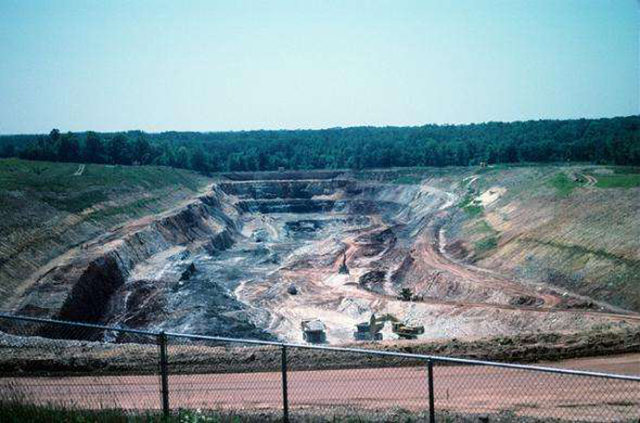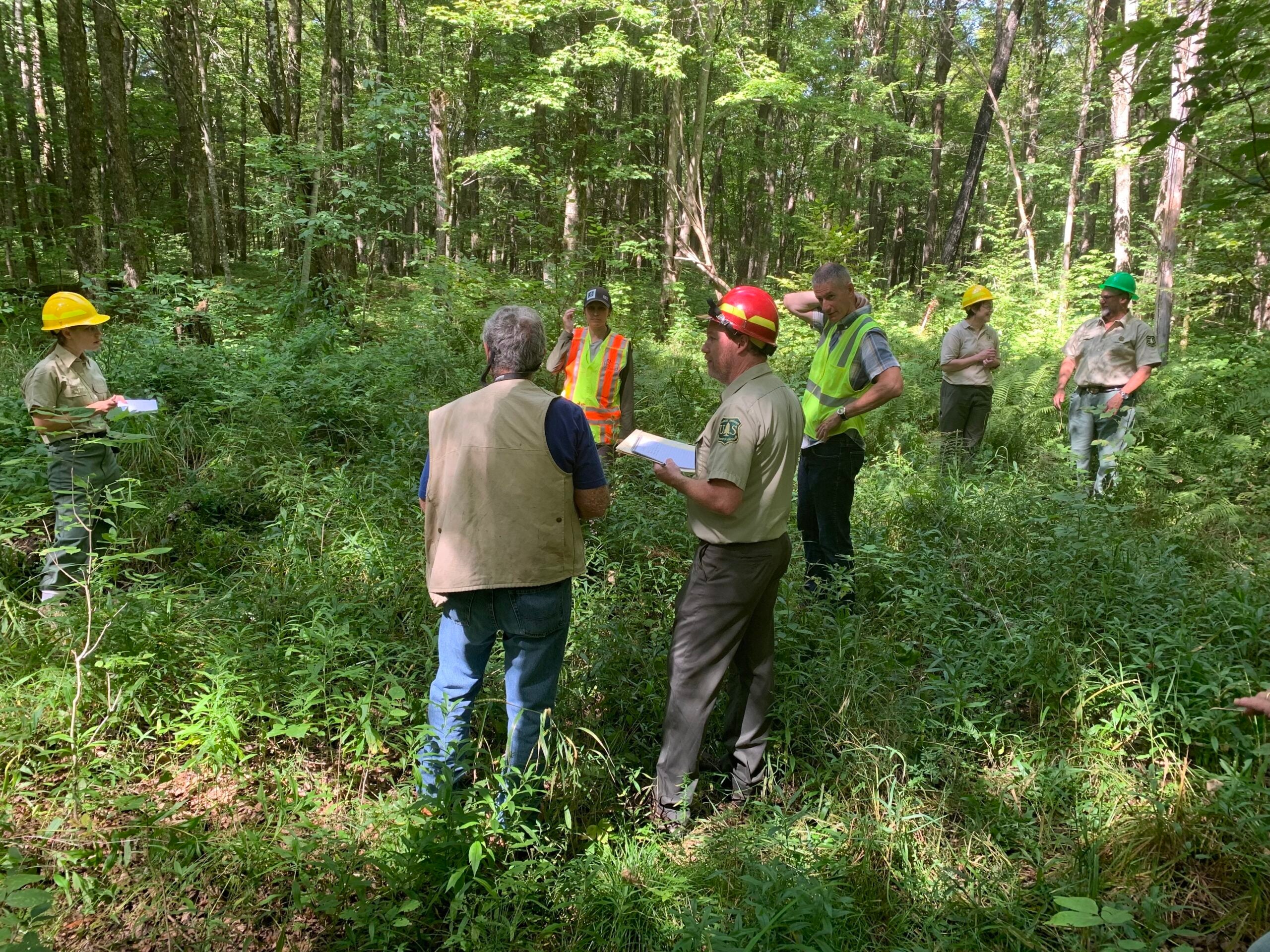Industry is celebrating the Legislature’s repeal of a decades-old mining moratorium on sulfide mining, while environmental groups fear the move will mean contamination of Wisconsin’s water resources.
The moratorium required companies that wanted to mine sulfide ores such as copper and gold to prove other mines operated and were closed for 10 years without causing pollution. Lucas Vebber with Wisconsin Manufacturers and Commerce said the Legislature is opening the door to a billion dollar industry.
“We are hopeful that we’ll get a good look from some of these companies who are bringing that investment right now to our neighboring states,” Vebber said.
Stay informed on the latest news
Sign up for WPR’s email newsletter.
The purpose of the bill was to give regulatory certainty to mining companies who may pursue mining in the state, Vebber said, adding Wisconsin has the regulations in place to ensure proper environmental oversight of such projects.
However, Bill Davis, director of Wisconsin’s Sierra Club-John Muir Chapter, fears the move will lead to contamination of groundwater and surface water.
“It’s going to fall back to local governments to take a look at this and see if there are any ways that they can craft local ordinances or things like that to potentially protect themselves from the adverse impacts of mining,” he said.
Local governments in mineral-rich areas are considering what lifting the mining moratorium may mean for their communities.
Toronto-based Aquila Resources conducted exploration of Taylor County’s Bend Deposit in 2011. The Canadian company is currently working its way through Michigan’s permitting process to construct the Back 40 mine. Taylor County’s copper-gold deposit is estimated to contain more than 4 million tons of ore.
Kyle Noonan, zoning administrator for Taylor County, said the company’s core-sampling prompted the passage of a nonferrous metallic mineral mining ordinance several years ago. The ordinance outlined standards for water quality, air quality, bonding and reclamation if the deposit was ever mined.
“If (the bill is) signed, once it is signed, we would get our committee back together to determine if any revisions to the ordinance would be needed after this goes into effect,” Noonan said.
Aquila Resources also conducted exploration of Marathon County’s Reef Deposit in 2011, which is estimated to contain around 454,000 tons of high-grade gold reserves. A spokeswoman for the company did not immediately return a request for comment on Aquila’s plans with regards to deposits in the two counties.
A spokesman for the Wisconsin Department of Natural Resources said there’s been no contact with any companies who have expressed interest in building a mine in Wisconsin. The state has four deposits with sulfide-bearing minerals in Marathon, Taylor, Oneida and Forest counties.
Sen. Robert Cowles, R-Green Bay, was the lone Republican to vote against the mining moratorium repeal. Sens. Scott Fitzgerald, Alberta Darling and Steve Nass voted to repeal the mining moratorium. All three supported its passage when Gov. Tommy Thompson signed it into law in 1998.
The bill heads to Gov. Scott Walker’s desk and he’s expected to sign it into law.
Wisconsin Public Radio, © Copyright 2024, Board of Regents of the University of Wisconsin System and Wisconsin Educational Communications Board.


